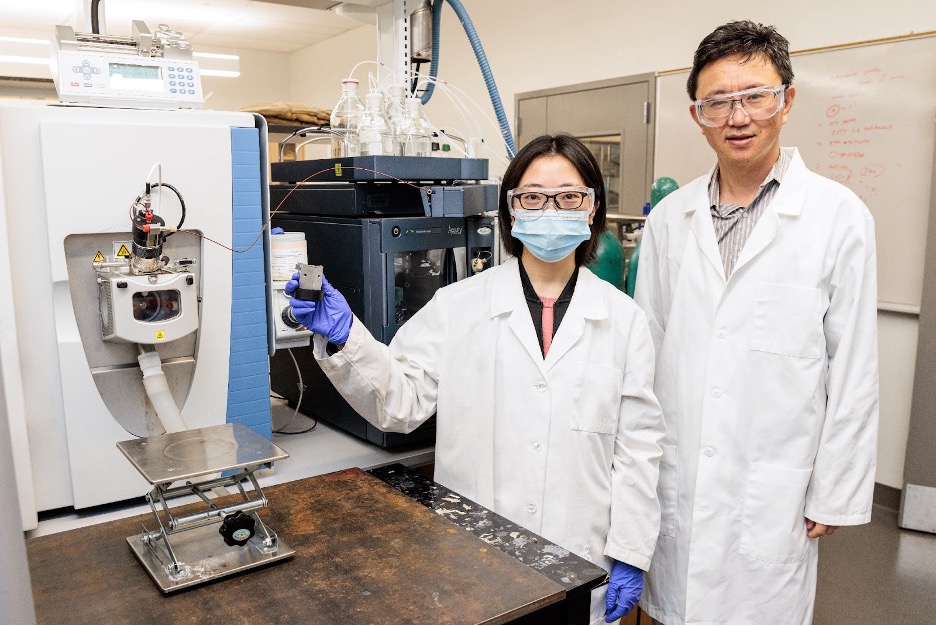
Everyday Things Made Possible Through Chemistry
Everyday Things Made Possible Through Chemistry
Look around you. Nearly everything we use involves chemistry in some capacity. From our clothing to our electronics, we rely heavily on the central science. In this blog, we will explore the amazing ways chemistry makes everyday things possible.
Everyday Things Made Possible Through Chemistry
Thinking about a career in chemistry? Because chemistry plays an indispensable role in our daily lives, serving as the driving force behind significant innovations and essential products, it opens countless doors to diverse career opportunities. Read on to discover the countless areas of our daily lives that rely on chemistry.
1. Clean drinking water
You’ve probably never given much thought to the clean water flowing through your tap. But that flowing water is a testament to the tireless efforts of chemists and engineers who work to ensure your health and well-being. Water drinking systems use a series of treatment steps, to make sure that the water is safe for the public to use.
The treatment method typically begins with coagulation, where certain types of salts, aluminum, and iron are used to neutralize the dirt. Next, in the flocculation step, the water is gently mixed to create heavier particles called flocs. Then, in the sedimentation step, solids are separated from the water and the flocs settle to the bottom. The water is then filtered to remove dissolved particles and germs, such as dust, chemicals, parasites, bacteria, and viruses. Lastly, the water is disinfected with chemicals such as chlorine or chloramine. In each step, the use of chemicals is imperative.
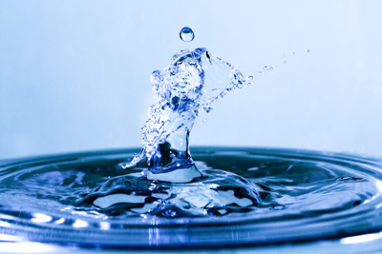
2. Food preservation
Chemistry plays a vital role in extending the shelf life of our food, enhancing food safety, and reducing waste. The canned soup in your cabinet and the frozen pizza in your freezer each underwent chemical processes to not only prolong their freshness but also maintain nutritional value and taste.
Chemical substances, such as additives and preservatives play a key role in food production and preservation. The fresh and vibrant colors that enhance the visual appearance of our food and the flavorings that elevate its taste are all thanks to food additives. Food can also come into contact with chemicals from the packaging, storage, or other handling processes. Food manufactures must follow FDA guidelines and ensure that the chemical substances used and that come into contact with food are safe for consumption. Chemistry allows us to enjoy fresh food and produce safely and for longer periods of time.
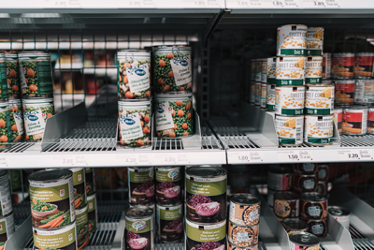
3. Pharmaceuticals
Chemistry is the backbone of the pharmaceutical industry. Chemistry is at the forefront of research, development, and manufacturing of life-saving medications that save countless lives across the world. It is at the core of our ability to combat disease and improve healthcare.
Pharmaceutical chemistry, or medicinal chemistry, is the multidisciplinary field at the intersection of chemistry, biology, and pharmacology. It focuses on designing and optimizing chemical compounds to develop safe and effective pharmaceutical drugs for the treatment and prevention of diseases. Medicinal chemists work on discovering and developing new drugs. One way they do this is by isolating medical agents from plants.
Life-saving and preventative medicines for serious illnesses, as well as the painkillers, and cold and flu medicines in your medicine cabinet, are the result of chemical research and development in the pharmaceutical industry.
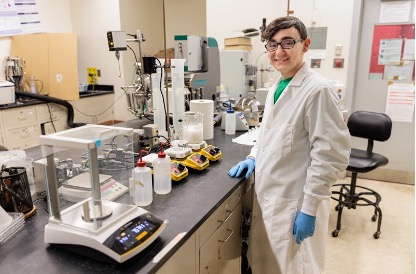
4. Clothing
The manufacturing process of clothing is probably another aspect that goes overlooked in our daily lives. But the jeans folded in your drawer and the button downs hanging in your closet have also in fact gone through a specific chemical process to make them more comfortable, durable, and functional.
Natural resources like wool, wood, cotton, cocoons, coal, and petroleum, are used to make fabric because they all share a common chemistry: they are made up of polymers. Polymers, large molecules that consist of multiples of simpler units, clump together to form strong fibers. Manufactures will take these natural sourced polymers and use chemical reactions to build new polymers and create long fibers. With both natural and synthetic fabrics, the fibers are twisted together to make strong yarn.

5. Electronics
The electronic devices we use on a daily basis, including smartphones, computers, TVs, and microwaves, also rely on chemical processes to function effectively. These products all use different kinds of chemistry materials during manufacturing.
In order to make your smartphone lightweight and durable, chemical materials such as fluoropolymers, plastics with a high resistance to solvents and acids, are used to meet the needs of consumers. The use of plastics helps reduce the weight of electronic devices, makes them strong and durable, and helps to protect vital technological components inside the devices. Chemistry also plays an important part in ensuring the safety of these electronic products. For example, flame retardants are included in the plastic casings of devices in order to prevent short circuits and fires. Chemistry remains a critical part of technology and helps make our everyday electronic devices efficient, reliable, and secure.

6. Cosmetics
You guessed it. All of your personal care products, from shampoo and lotions to makeup and perfume, have been formulated with a precise combination of chemicals to create the perfect textures, colors, scents, and of course, effects, on our hair and skin to help us look and feel our best.
Surfactants are a common chemical substance used in personal care products. These compounds are responsible for reducing the surface tension of water so that the product can be mixed with other liquids. Surfactants are necessary to make cosmetics effective and easy to apply. Colorants, long shelf-life, anti-aging compounds, and pH control in cosmetic and personal care products are all thanks to the work of chemistry. Chemists in this field are responsible for formulating safe and appealing products. They focus on smells, colors, and textures since these products are typically purchased by consumers based on those characteristics.
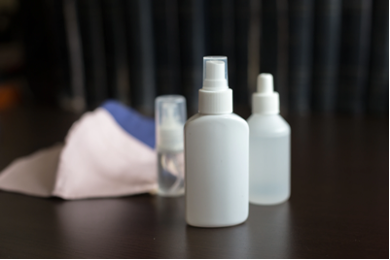
Explore the central science at NJIT
Chemistry has been deemed the “central science” for a reason. From the water we drink to the technology we use, chemistry is the hero at work behind the scenes of our everyday lives. It is interconnected with various STEM disciplines and is essential in medical and non-medical fields. When you think of chemistry, your first thought might be chemistry used in the medical field. But if you’re interested in non-medical science and chemistry careers, there are tons of areas you could work in, including clothing, food, electronics, and more.
Whatever chemistry path you decide to pursue, a graduate degree in Chemistry in the College of Science and Liberal Arts at NJIT will help you get there. Apply now to take part in making everyday things possible using chemistry.